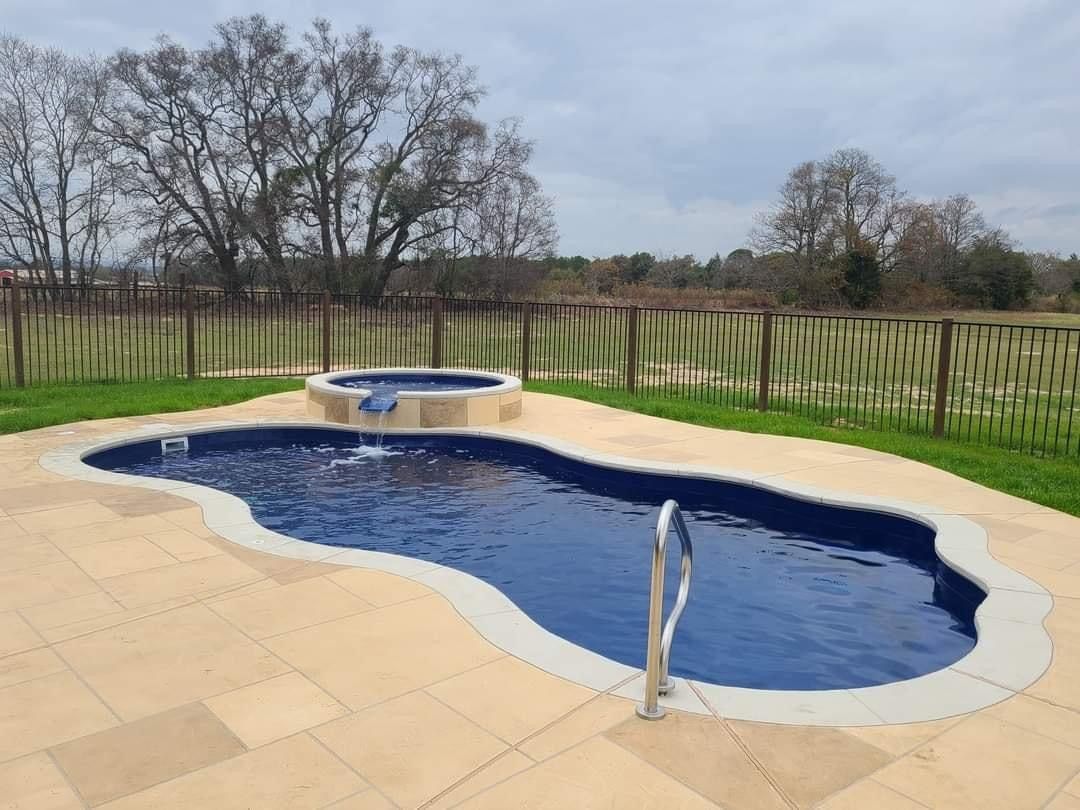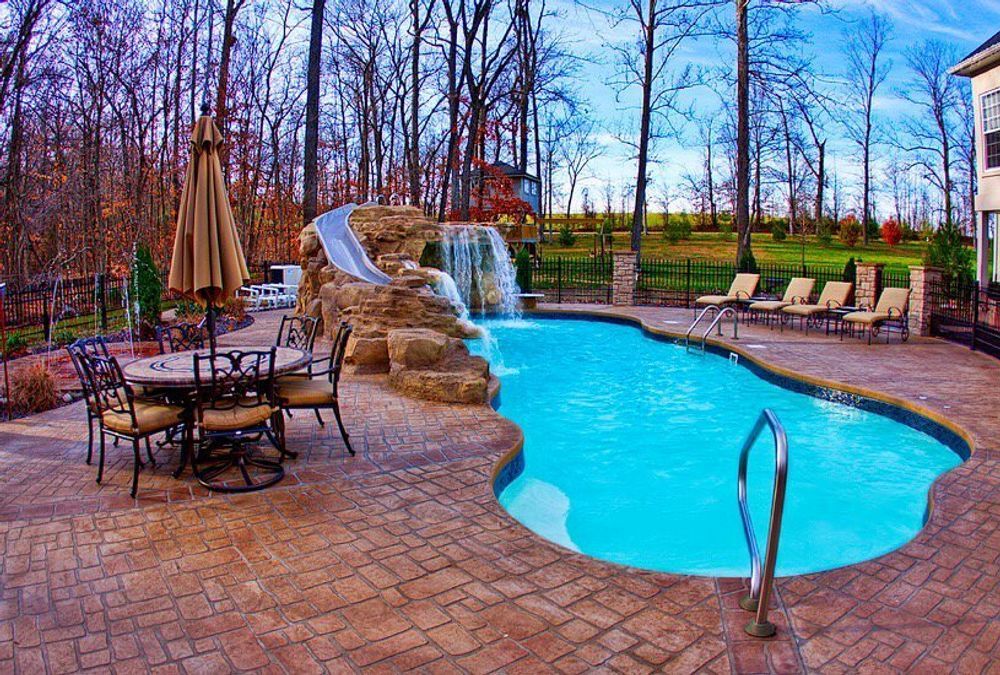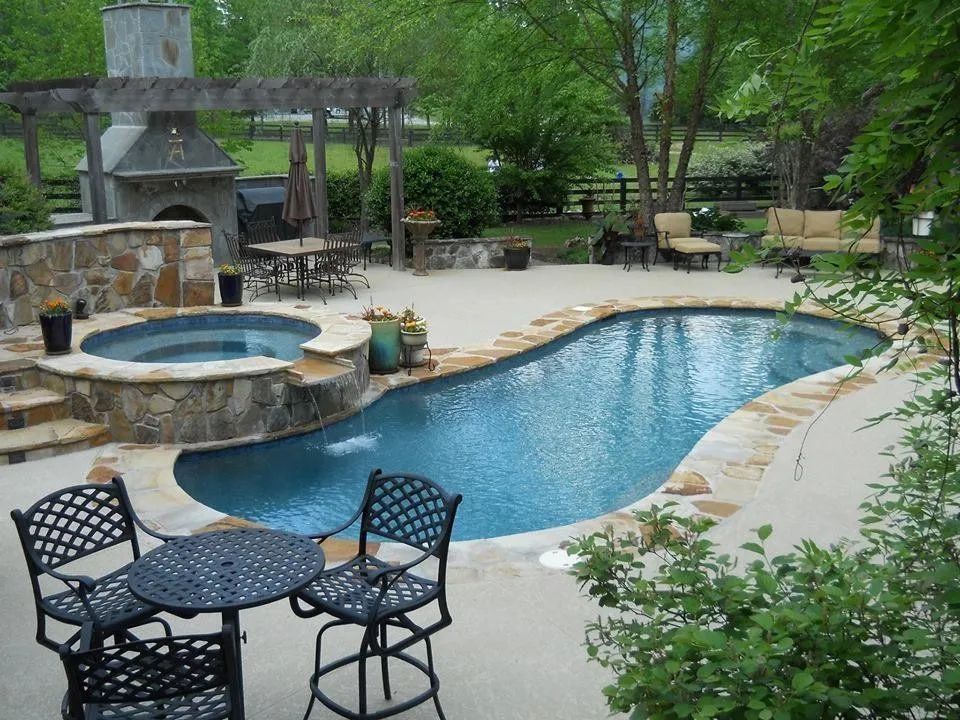Pool Resurfacing Basics: Materials, Benefits, and Timing
A well-maintained pool is the centerpiece of any backyard oasis, but even the best pools need a refresh over time. As the years pass, your pool’s surface can become worn, rough, or discolored, making it less inviting and potentially unsafe. Pool resurfacing is a crucial maintenance step that revitalizes both appearance and function. Here’s what homeowners should know about resurfacing materials, the advantages of resurfacing, and when to schedule the project.
What Is Pool Resurfacing?
Pool resurfacing is the process of removing the existing surface layer and applying a new finish to restore durability and improve appearance. This not only enhances how your pool looks but also seals minor cracks, prevents leaks, and extends the overall lifespan of your pool structure. It's a necessary step when the surface becomes too rough, stained, or begins to deteriorate.
Top Resurfacing Material Options
When choosing the right resurfacing material, it’s important to consider durability, aesthetics, and maintenance needs. Common options include:
- Plaster: Known for its smooth texture and clean white appearance, plaster is a traditional resurfacing material that delivers a classic look. It creates a soft feel underfoot and blends well with most backyard designs.
- Quartz Finish: This is a blend of plaster and quartz aggregate that enhances strength and adds sparkle. It offers a more colorful, speckled appearance and better resistance to algae and staining compared to plain plaster.
- Pebble Finish: Natural stone pebbles embedded in the surface create a rustic, textured finish. Pebble surfaces are known for their slip resistance, longevity, and unique visual appeal, especially in lagoon-style or freeform pools.
- Tile: The most customizable and visually striking option, tile is available in ceramic, glass, or stone. It allows for intricate patterns and long-lasting durability with proper maintenance.
- EcoFinish: A high-performance thermoplastic coating sprayed onto the pool surface. It’s gaining popularity due to its resistance to chemicals and fading, and it offers a sleek, modern look with various color choices.
Benefits of Pool Resurfacing
Resurfacing your pool offers more than just cosmetic improvements. Some of the key benefits include:
- Improved Safety: A smooth, even surface minimizes the risk of cuts, scrapes, or slipping while swimming.
- Better Water Quality: A new surface is easier to clean and more resistant to algae, which helps maintain crystal-clear water.
- Enhanced Comfort: No more rough or abrasive areas—just a smooth surface that feels good underfoot.
- Visual Upgrade: Whether you want a simple refresh or a bold new look, resurfacing can completely transform your pool’s style.
When to Resurface Your Pool
The right time to resurface your pool depends on signs of wear and tear. Look out for discoloration, rough spots, cracks, or peeling. If your pool surface is over 10 years old, it's wise to have it evaluated for resurfacing. While pool resurfacing can be done any time of year, many homeowners prefer spring or fall for ideal weather and preparation ahead of peak swimming season.
Give Your Pool a Fresh Start with Local Experts
If your pool is looking tired or showing signs of wear, now is the perfect time to restore its beauty and function. At
Athens Pool and Spa, we bring
40+ years of experience serving homeowners in Athens, Georgia, with
expert pool resurfacing services tailored to your pool’s unique needs. Reach out to our team today to schedule a professional evaluation and give your pool the fresh start it deserves.




